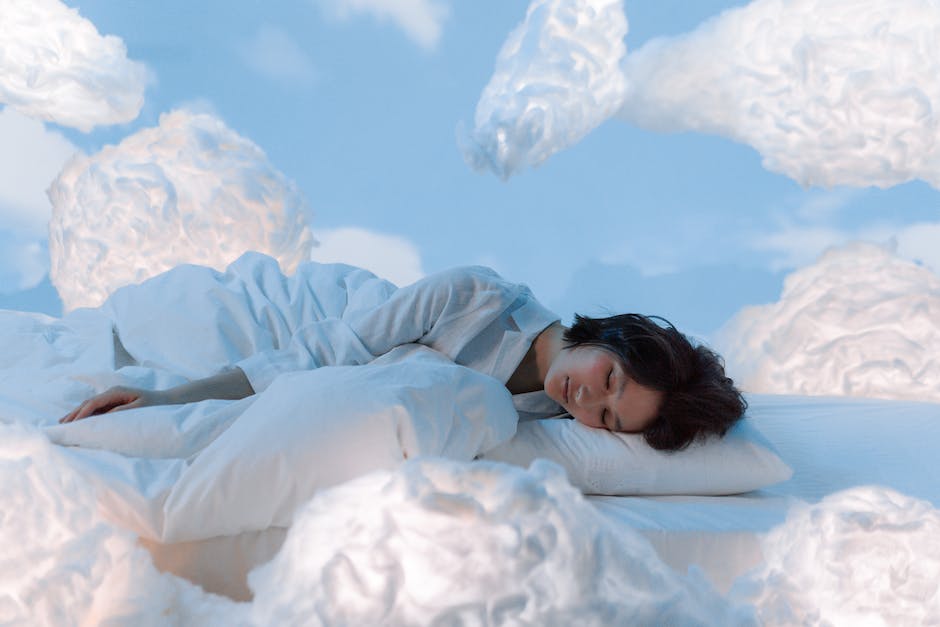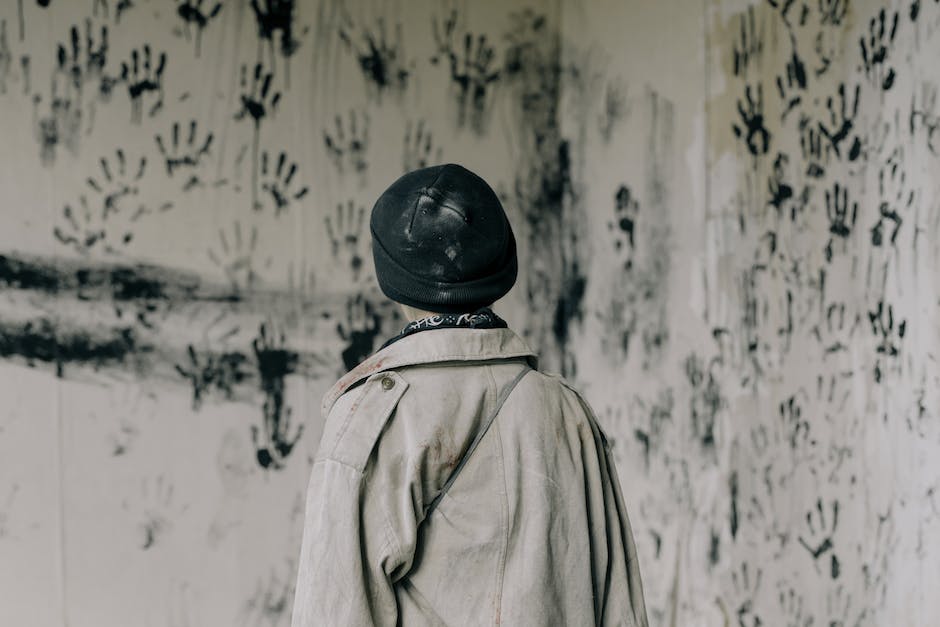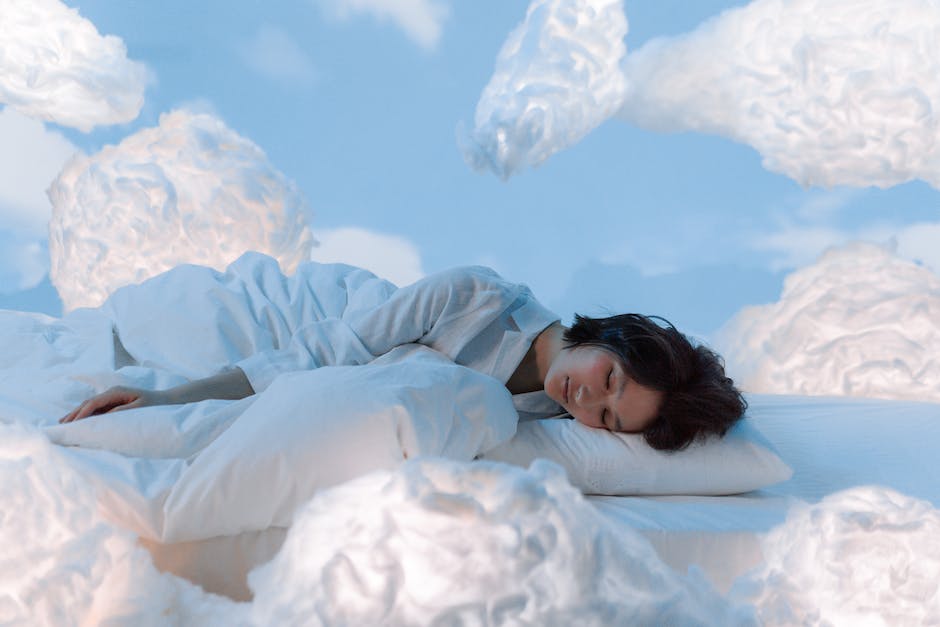Most of us are familiar with the drowsy spell that often follows after a couple of drinks. But what happens once we close our eyes and slip into the world of dreams? The correlation between alcohol and the nature of our dreams, especially disturbing ones, is a less explored realm, which retains a significant impact upon our psychological wellbeing. Focusing on a diverse range of topics from understanding the dynamics of dreams and sleep to the role alcohol plays in altering these patterns, this comprehensive examination seeks to shed light on why alcohol-induced snooze might not always be as peaceful as it seems. As we delve deeper into the realms of the human mind and the effects of intoxicants upon it, you will find not just scientific insights, but also practical ways to handle the predicaments of disturbing dreams ensuing alcohol consumption.
Understanding Dreams and Sleep Cycles
Understanding Dreams and Their Cycles
Dreams occur during the Rapid Eye Movement (REM) stage of sleep. It’s a phase characterized by numerous physiological changes, such as increased respiratory and heart rates, and eyes darting back and forth. In contrast, the Non-Rapid Eye Movement (NREM) stage of sleep is characterized by a state of deep relaxation, slow breathing, and decreased motor activity. These REM and NREM stages form distinct cycles throughout a sleep period, with REM stages generally taking place every 90 minutes and contributing to an estimated 20-25% of total sleep time in adults.
Dreams can vary significantly from one person to another or even night by night for the same person. The timing, frequency, and content of dreams are influenced by a wide range of factors, such as the individual’s emotional state, lifestyle, physical health, and external environment.
Disturbing Dreams and Alcohol
Alcohol consumption can have a significant impact on sleep cycles and dreams. Drinking, especially heavy drinking, has been known to cause or exacerbate sleep disturbances, including nightmares and vivid dreams. This is because alcohol can disrupt the normal sleep cycle, often leading to disturbed, less restful sleep.
Alcohol and REM Sleep
Alcohol can suppress REM sleep in the early part of the night. This reduction in REM sleep in the first half of the night often leads to an increase in REM sleep in the second half of the night, a phenomenon known as “REM rebound.” This rebound can result in unusually intense, vivid, or disturbing dreams.
Overall Health and Wellbeing
Disturbed sleep – whether due to alcohol, stress, or other factors – can have a substantial impact on one’s overall health and wellbeing. Regular disruptions to the sleep cycle can lead to sleep deprivation, which has been linked to a variety of health issues, including impaired immune function, increased risk for chronic diseases, mood disorders, and decreased cognitive functions.
Moreover, frequent experiences of disturbing dreams or nightmares could lead to anxiety about sleep, further exacerbating sleep issues. In these cases, it may be essential to seek advice from a healthcare professional or a sleep specialist to determine the underlying causes and most appropriate treatment strategies.
Understanding the Impact of Alcohol on Sleep
It’s crucial to comprehend the implications of alcohol-induced sleep disruptions as a part of overall health concerns related to alcohol usage. To experience healthier sleep patterns and lower the incidence of unnerving dreams, it’s advised to either use alcohol moderately or abstain from it, especially near bedtime.

The Impact of Alcohol on Sleep
Unraveling the Alcohol-Sleep Paradox
Interestingly, the relationship between alcohol and sleep isn’t linear. While alcohol can expedite the onset of sleep leading to an increase in the overall sleep duration, particularly in the initial hours, it can also have the opposite effect. As your body processes the alcohol, it can interrupt your sleep during the later part, leading to a phenomenon called the “rebound effect,” which refers to sleep disruption following heavy alcohol consumption.
Alcohol and REM Sleep
Rapid eye movement (REM) sleep is the period of sleep most associated with dreaming. It’s a vital part of the sleep cycle that contributes to memory consolidation and learning. Alcohol, especially when consumed in substantial amounts, can significantly suppress REM sleep early in the night. As the effects of alcohol begin to wear off, REM sleep increases, often resulting in intense and vivid dreams.
Impact on Dreams and Nightmares
It’s during REM sleep that most dreaming occurs. When alcohol suppresses this stage, the brain may retaliate by increasing the duration and intensity of REM sleep later in the night or early morning hours. This is often when individuals report having unusually vivid, bizarre or unsettling dreams, sometimes even nightmares. This phenomenon is known as “REM rebound.”
Research on Alcohol and Disturbing Dreams
Research has provided insight into the association between alcohol consumption and the frequency of disturbing dreams. A study published in “The American Journal on Addictions” found a significant correlation between alcohol dependence and nightmare prevalence. Similarly, a study reported in “Alcohol and Alcoholism” showed that alcohol withdrawal could increase the occurrence of nightmares, a symptom often observed in recovering alcoholics. The reported dreams were typically more disturbing and intense than those of non-dreamers.
Impact on Sleep Quality and Continuity
With increased periods of REM sleep, the regular sleep pattern gets disturbed. Besides influencing the quality of dreams, alcohol-induced REM rebound often leads to waking up frequently during the night. This scattered pattern of sleep can cause daytime fatigue, irritability, and difficulties with concentration. Moreover, “rebound insomnia,” a common consequence of chronic alcohol consumption, often presents a cyclical issue where an individual may consume more alcohol in an attempt to alleviate their disrupted sleep patterns.
Health Implications
Consistently having disrupted sleep due to alcohol consumption can have significant health implications. Chronic sleep deprivation has been linked to numerous health issues such as weight gain, diabetes, cardiovascular disease, and even certain types of cancer. Moreover, repeated incidents of intense, disturbing dreams can cause psychological distress and are often associated with conditions like anxiety and depression.
Though at first glance, alcohol appears to induce sleep, it’s important to note that it can potentially cause disrupted sleeping patterns, extreme dreams, and even nightmares. Moreover, it can lead to certain health complications. To maintain optimum sleep hygiene, it’s recommended to practice moderation and caution when it comes to alcohol consumption.

Alcohol and nightmares: The Proven Link
A Closer Look at Alcohol-Induced Nightmares – A Biological POV
The way we sleep, often referred to as our ‘sleep architecture’, can be majorly impacted by alcohol. Initially, alcohol acts as a sedative – inducing sleep quicker. However, when your body begins to break down the alcohol, this sedative effect reduces, leading to disturbed or restless sleep.
Another important aspect to note is that alcohol could suppress Rapid Eye Movement (REM) sleep in the initial parts of the night. This REM phase is where one typically dreams. When REM sleep is suppressed, there’s a compensatory increase later in the night, or REM rebound. Consequently, dreams may become more vivid, intense, and in some cases, nightmarish.
Relevant studies, such as one disclosed in ‘Alcoholism: Clinical and Experimental Research’, reinforce the link between alcohol and disrupted REM sleep. This research further substantiates that disrupted REM sleep can cause vivid dreaming and nightmares, frequently waking the dreamer, leading to a restless sleep cycle.
Alcohol and Nightmares: The Psychological Perspective
From a psychological perspective, alcohol can bring forth nightmares because it can enhance levels of emotional and psychological stress. There may also be individual differences, meaning that some people might be more prone to experiencing alcohol-induced nightmares than others.
Alcohol not only impacts your brain’s processing of fears and emotions but it also intensifies feelings of anxiety and depression. For some, this escalation in negative emotions could translate into disturbing dreams or nightmares.
Research reported in Frontiers in Psychiatry suggests that higher amounts of alcohol consumption are associated with increased dream recall and more frequent nightmares, suggesting a psychological impact of heavy drinking on dream experiences.
Understanding the Relationship Between Alcohol and Nightmares
Many researchers have suggested a link between alcohol consumption and disruptive sleep patterns, including nightmares. However, this relationship is complex, with individual differences playing a key role. If you’ve been experiencing disturbed sleep or frequent nightmares, it could be beneficial to evaluate your alcohol intake. Other factors such as your overall health condition, mental wellness, and exposure to sleep disruptors like caffeine or blue light should also be considered.
In essence, drinking alcohol can disrupt your sleep cycles, intensify feelings of stress or anxiety, and increase the probability of experiencing vivid and often unsettling dreams or nightmares. It appears that both the physical and psychological impacts of alcohol on our body significantly contribute to this phenomenon.

Managing Disturbing Dreams Post Drinking
How Does Alcohol Influence Disturbing Dreams?
When you consume alcohol, particularly in large amounts, it can significantly affect your sleep. Sleep disorders, such as insomnia and sleepwalking, as well as disturbing dreams or nightmares, are some of the repercussions of alcohol on your sleep quality. Notably, alcohol interferes with the sleep-wake cycle, causing periods of wakefulness at night and potentially triggering vivid or upsetting dreams.
Furthermore, alcohol can stimulate a surge in dopamine – a neurotransmitter that plays an important role in regulating sleep – in your body. This surge might disrupt your normal sleep pattern, leading to periods of wakefulness where you might recall disturbing dreams.
Responsible Drinking
Responsible drinking starts with understanding the effects of alcohol on your body and mind. This includes recognizing how alcohol impacts your sleep. Consuming alcohol in moderation and not drinking close to bedtime can help manage these sleep disturbances.
It’s also important to pair alcohol with food and non-alcoholic drinks. This can slow down the absorption of alcohol, thus reducing its immediate impact. Additionally, hydrating yourself before sleep can prevent dehydration—a common cause of nightmares.
Improving Sleep Quality
Improving sleep quality starts with good sleep hygiene. This would include maintaining a regular sleep schedule, creating a suitable sleep environment, avoiding meals close to bedtime, and reducing exposure to light-emitting devices before sleep.
Avoiding alcohol close to bedtime and lessening overall alcohol consumption can also improve sleep quality. Certain relaxation techniques, such as deep breathing exercises or mindfulness, can help you fall asleep faster and enjoy more restful sleep.
Seeking Psychological Help
If your disturbing dreams persist or worsen despite these measures, it may be time to seek psychological help. Nightmares can sometimes be a symptom of underlying emotional issues such as stress, anxiety, or trauma. Visiting a psychologist or a sleep therapist can provide you with tools and techniques to manage your dreams more effectively.
Remember, if your disturbing dreams are causing debilitating anxiety or preventing you from getting necessary sleep, it’s essential to seek help from a healthcare professional. They can diagnose if there are any underlying issues and suggest the best treatment.

Understanding the core dynamics of dreams and sleep cycles, and how alcohol intake can distort these, equips us better to maintain our mental health. The psychological unease induced by alcohol-related nightmares is indeed a concern, but it’s not unconquerable. Balance, self-awareness, and positive lifestyle changes, especially relating to responsible drinking habits, can significantly mitigate the after-effects of such dreams. For those who experience persistent disturbing dreams and resultant distress, it’s vital to seek professional advice. In an era where mental health discourse is ever-expanding, it’s vital to acknowledge, understand, and address such overlooked aspects of our day-to-day life, as our nocturnal peace hangs in the balance. Let’s toast to better and healthier sleep!
